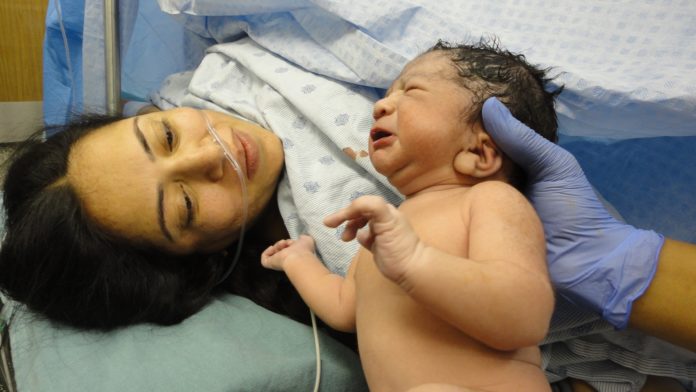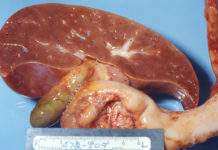
The new guidance recommends a 7–10 day period of bladder catheterisation to allow complete healing
A 7-10 day bladder catheterisation after surgical repair can help in an obstetric complication more common in South Asia and sub-Saharan Africa, World Health Organisation has recommended.

The recommendation is for the treatment of obstetric fistula – an abnormal opening between a woman’s genital tract and her urinary tract or rectum Obstetric fistula occurs primarily in sub-Saharan Africa (1.6 cases per 1,000 women) and South Asia (1.2 cases per 1,000 women).
When the mother’s pelvis is too narrow or the baby is too large or in an abnormal position, labour can last for several days and often results in the death of the baby or the mother. If the mother survives, she could develop a fistula. She may be unable to control her rectal or urinary functions. Lack of trained obstetric practitioners, especially in the rural areas adds to the incidence of this complication.
It can be repaired surgically and catheterisation is important to allow tension-free healing of the surgical scar. Currently the duration of catheterisation is not standard
and ranges from 5 to 42 days after the surgery.
“The new guidance recommends a 7–10 day period of bladder catheterisation to allow complete healing. Longer periods of catheterisation can be inconvenient for the woman, her family and care providers as it is associated with more discomfort and inconvenience.
It also increases the risk of infection and erosion related to catheterisation, requires more intensive nursing care and costs more per patient,” WHO said.
The new guidelines have been prepared by WHO’s Department of Reproductive Health and Research. The global health body said that it is an intervention that can be implemented by any appropriately trained surgeon, including one with less experience, and it has direct health and cost implications in low-and middle-income countries.
Shorter periods of post-operative bladder catheterisation have been tested in simple cases of obstetric fistula and shown to be effective in allowing complete healing with
improved patient comfort and potentially lower risks of catheter-related urinary tract infections, it said.
“With shorter stays in hospital it should be possible to increase the number of fistula patients who could receive treatment using the existing facilities,” WHO said.













